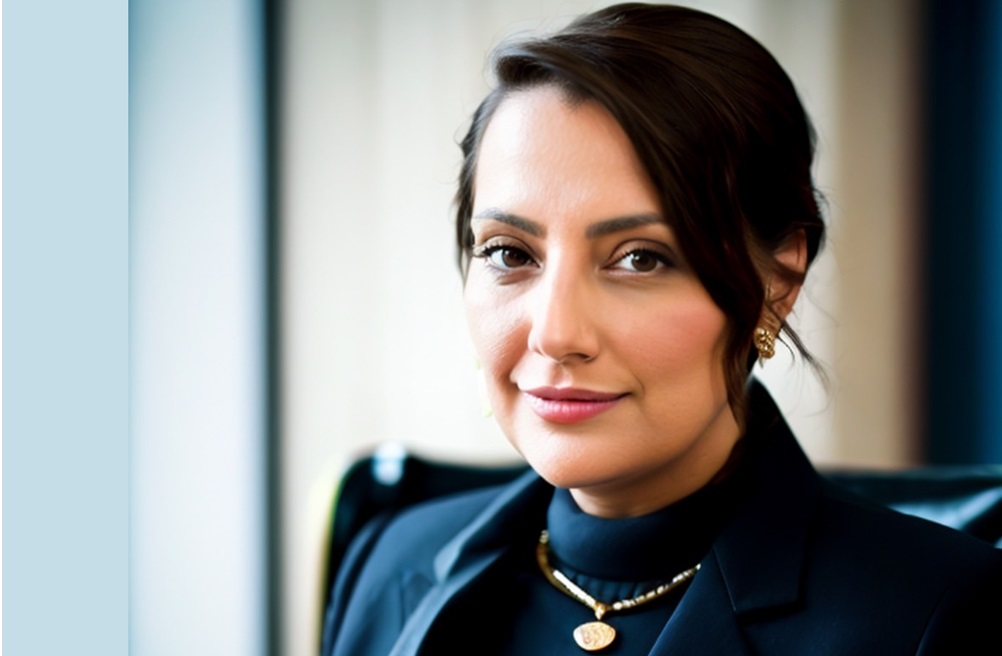The security industry is facing a recruitment crisis, and while much of the focus has been on new technology and adapting to modern threats, there’s a more human issue being overlooked: getting women into the sector and keeping them here. However, Farah Benis, Managing Director of the FFA Security Group says that, despite the clear need for gender diversity and the unique skills women bring, we’re still dealing with outdated attitudes that make it harder for women to join, let alone thrive.
Security has long been a male-dominated industry, and the perception that it’s a “man’s job” remains pervasive. This isn’t just a surface-level problem; it runs deep in how people view the profession. The idea that security is all about physical strength and brute force still dominates, even though modern security demands far more than that. It requires skills in communication, conflict resolution, emotional intelligence, and situational awareness – all areas where women excel. Yet, these qualities are often undervalued because of old stereotypes about what the job should look like.
In my research paper published last year, a staggering 99% of women working in the security sector reported experiencing some form of sexual harassment during their careers. Compare this to just 18% of male respondents. This stark disparity shows how deeply ingrained the problems are for women in this industry, and it’s no wonder they’re deterred from pursuing long-term careers in security.
It’s not just the job descriptions or physical demands that need to change – the culture of the security industry is another major barrier. From my own research, it’s clear that women in the industry face an uphill battle. Nearly every woman I spoke to had experienced harassment, discrimination, or a lack of support at some point in her career. 75% of women reported physical harassment, while 90% had faced verbal harassment, often from colleagues and clients alike. It’s hard to attract and retain talent when the workplace is perceived as hostile or indifferent to women’s challenges.
These issues don’t exist in isolation – they contribute directly to the recruitment problem. If women see a sector where they’re not taken seriously or where they’ll have to constantly defend their place, they won’t want to join. We can’t expect women to break into the industry if the culture remains stuck in the past.
To genuinely attract women into security, we need to shift the conversation. This isn’t about getting women to “fit in” – it’s about creating an environment where they belong. That means ditching the macho stereotypes and making it clear that security is a profession where women can succeed, not despite their gender but because of the strengths they bring.
We need more than lip service. Companies must back their words with action, making workplaces genuinely inclusive and supportive. It’s not just about putting policies in place but ensuring that women know they’ll be protected, respected, and valued in the workplace. Only 48% of women reported feeling that their organisations took sexual harassment complaints seriously. That’s a major gap that needs to be closed if we’re serious about creating inclusive workplaces.
Diversity training, harassment prevention programmes, and open conversations about the realities women face are a starting point, but they have to be backed by a commitment to real change.
One of the most powerful ways to change perceptions is to show what’s possible. Highlight the success stories of women who’ve carved out careers in security and use their experiences to challenge the idea that security isn’t for women. By promoting these stories, we can encourage the next generation to see this as a viable, rewarding career path.
The security industry is evolving, but its culture hasn’t kept pace. If we want to solve the recruitment crisis, we need to start by changing how the industry views and treats women. Breaking down these archaic attitudes isn’t just about fixing the numbers – it’s about creating a stronger, more dynamic industry that reflects the world it serves. When we welcome women into the fold, we all stand to benefit.
To read the full report, click here
For more from our opinions section, click here





